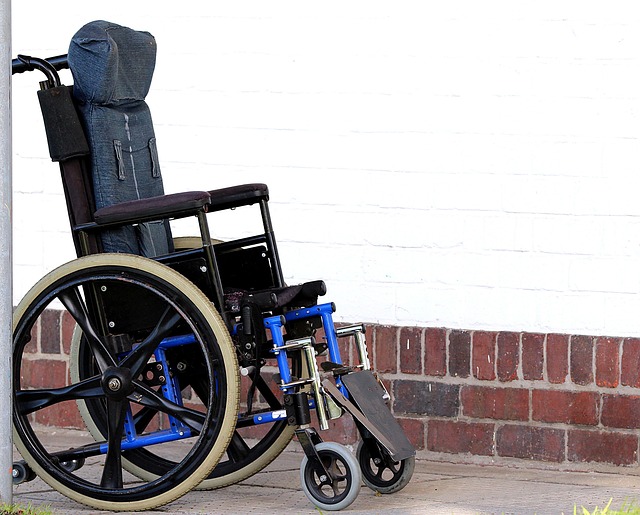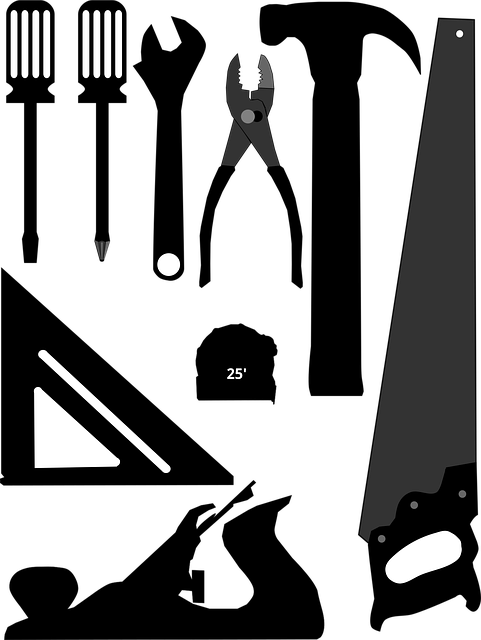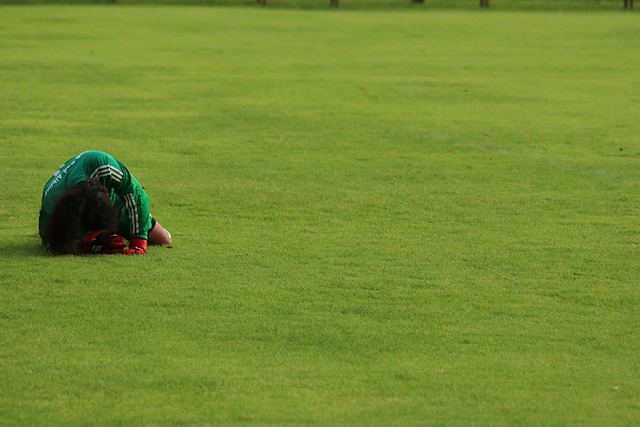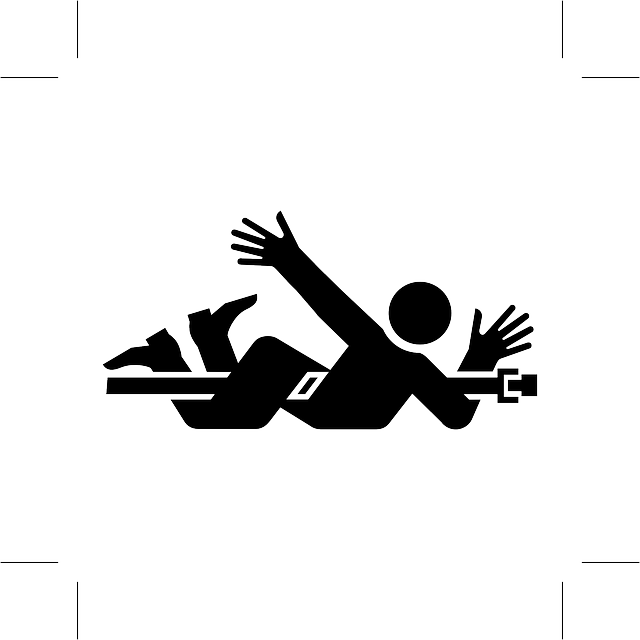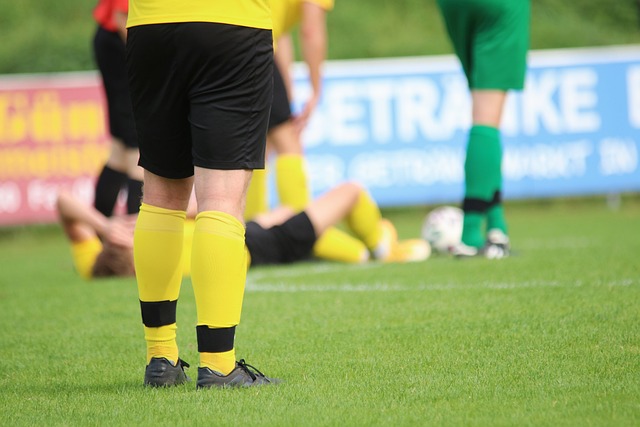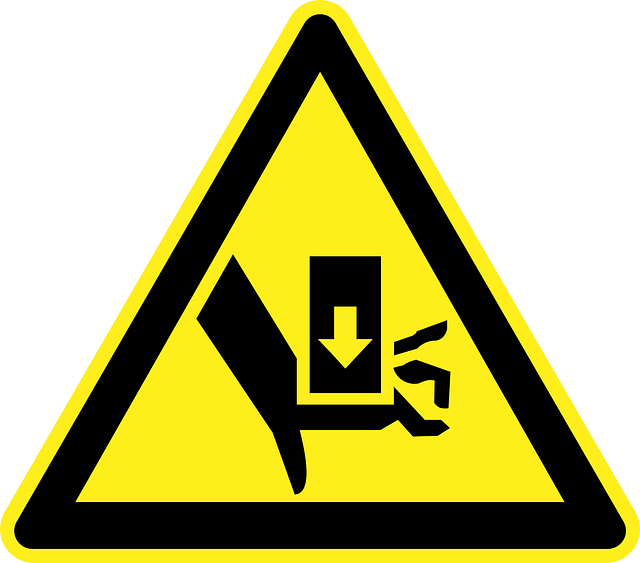CRMA, an advanced technology, revolutionizes detecting subtle ligament injuries in car collision victims, often missed in manual exams. By analyzing medical imaging to measure spinal misalignments and damage, it aids chiropractors in accurate diagnosis and tailored treatment planning. Chiropractic care, a non-invasive option for such injuries, focuses on gentle adjustments and exercises to alleviate pain, restore mobility, and facilitate healing. Regular sessions significantly improve long-term health and functionality post car collisions.
Discover how CRMA (Computerized Radiation Measure Analysis) accurately identifies spinal trauma, a critical aspect of healthcare in today’s world. This advanced technology plays a pivotal role in detecting subtle injuries often associated with car collisions, focusing on spinal ligament damage. By understanding CRMA’s capabilities, we explore its impact on chiropractic care, enhancing treatment and management strategies for patients suffering from such injuries. Explore these sections to learn more about car collision spinal ligament injuries and the transformative power of chiropractic care.
- Understanding CRMA's Role in Spinal Trauma Identification
- Car Collisions: When Spinal Ligament Injuries Occur
- Chiropractic Care: Treating and Managing Spinal Trauma Effectively
Understanding CRMA's Role in Spinal Trauma Identification
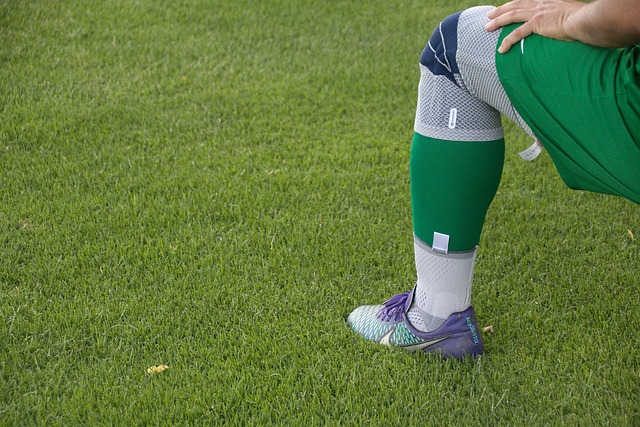
CRMA (Computerized Radiological Measure Analysis) plays a pivotal role in accurately identifying spinal trauma resulting from car collisions. By analyzing medical imaging, CRMA can detect subtle signs of ligament injuries that might be overlooked during manual examinations. This advanced technology measures various parameters within the spine, such as angle disruptions and bone fragments, providing chiropractors with crucial data for diagnosis and treatment planning.
In the context of spinal ligament injuries, CRMA offers a non-invasive approach to assessment, which is particularly beneficial for patients undergoing chiropractic care. It enables healthcare providers to objectively quantify spinal misalignments and associated damage, ensuring more effective and tailored treatment strategies. This level of precision can significantly improve patient outcomes, especially in managing chronic pain and promoting faster recovery after car collisions.
Car Collisions: When Spinal Ligament Injuries Occur
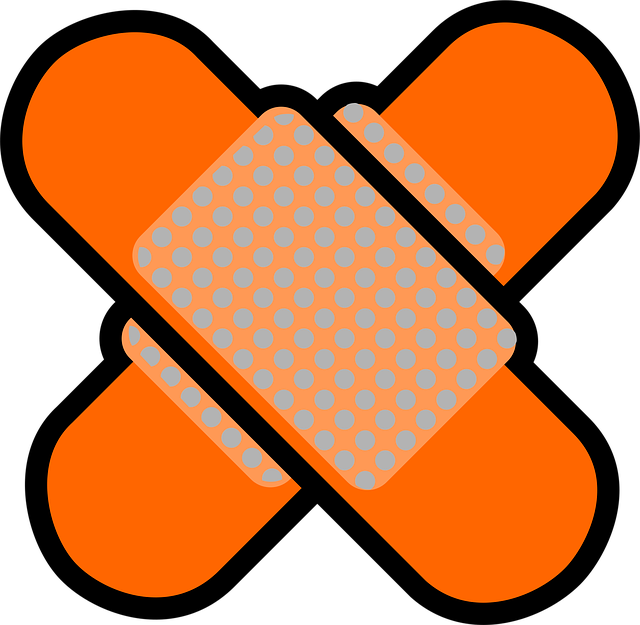
Car collisions can lead to a range of injuries, and spinal ligament injuries are among the most common. These types of accidents often result in sprains or strains to the delicate ligaments that support the spine, which can be extremely painful and debilitating. Chiropractic care plays a crucial role in managing these injuries, focusing on gentle adjustments to improve spinal function and alleviate pain.
When a vehicle is involved in a collision, the sudden impact can cause the spine to twist, bend, or compress, straining or tearing the ligaments that hold it together. This can result in symptoms like neck and back pain, limited mobility, and even nerve damage. Chiropractic practitioners are trained to diagnose these issues and provide effective treatment plans. Through specialized adjustments and techniques, they help restore proper alignment, reducing inflammation and promoting healing of the affected spinal ligaments.
Chiropractic Care: Treating and Managing Spinal Trauma Effectively
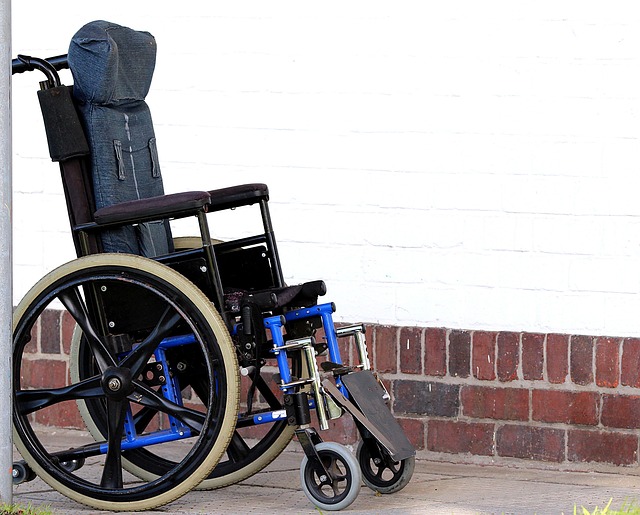
Chiropractic care plays a vital role in managing and treating spinal trauma, especially after a car collision. Chiropractors are experts in diagnosing and addressing spine-related injuries, focusing on the intricate network of muscles, nerves, and bones. When a patient experiences a car collision, spinal ligament injuries can be subtle yet significant. Chiropractic care offers a non-invasive approach to treat these injuries effectively.
Chiropractors employ various techniques, including spinal adjustments and targeted exercises, to reduce pain, improve mobility, and support the body’s natural healing process. Regular chiropractic sessions can help individuals recover from car collision-related spinal trauma, ensuring better long-term health and functionality. This holistic treatment method has proven effective in managing symptoms and enhancing overall well-being for those who have experienced such injuries.
CRMA, through its advanced techniques, plays a pivotal role in accurately identifying spinal trauma. By understanding the intricacies of car collisions and their impact on spinal ligaments, healthcare professionals can employ effective chiropractic care to manage and treat these injuries. This comprehensive approach ensures that individuals affected by such incidents receive the best possible treatment, emphasizing the importance of CRMA’s role in modern healthcare.



